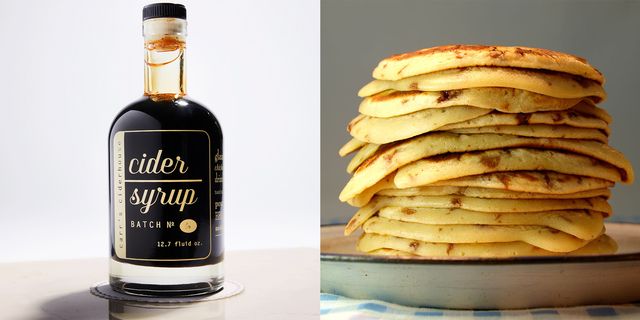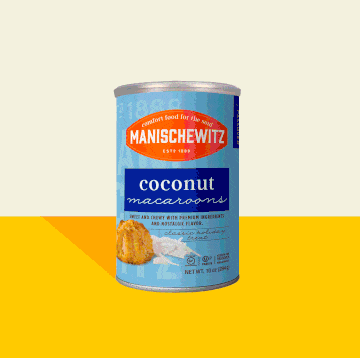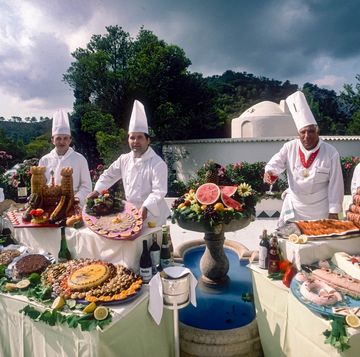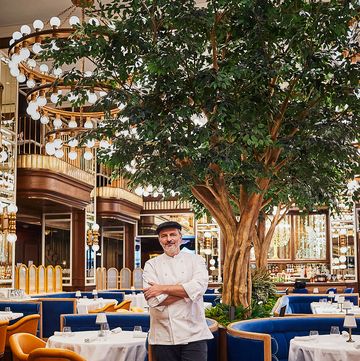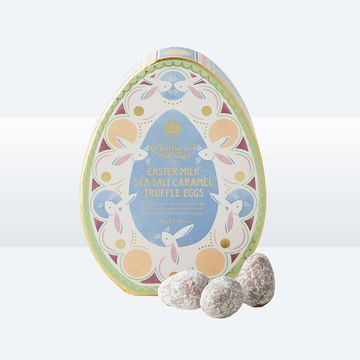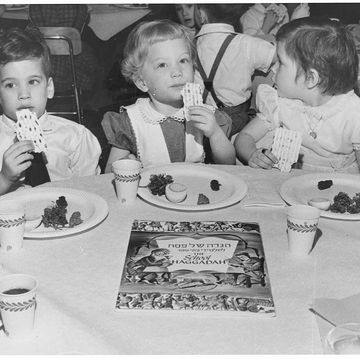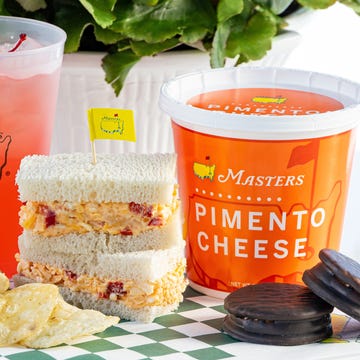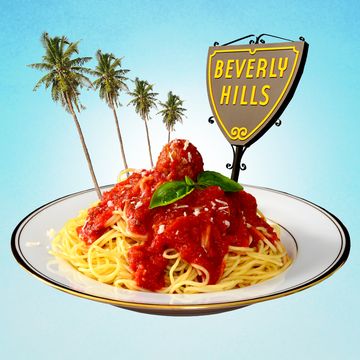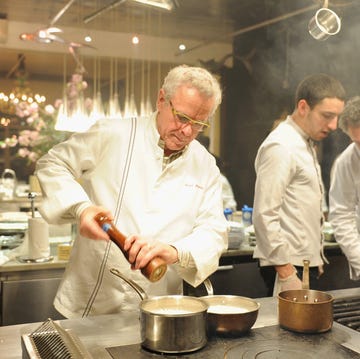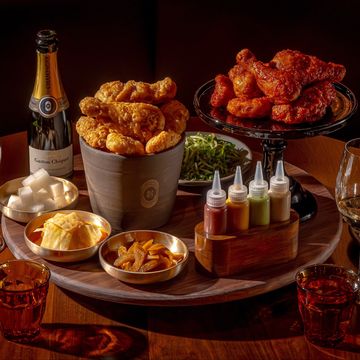Listening to Jonathan Carr talk about apples is a lot like listening to poetry. He tends to use words like “kind” and “gentle,” and when asked why he and his wife Nicole Blum bought an abandoned orchard in western Massachusetts, he replies, “There it was, up on a hill, and it just looked so pretty.” The names of their heirloom varietals roll liltingly off his tongue—Yarlington Mill, Dabinett, Kingston Black—and he describes their flavors so vividly you can almost taste them. “I’ve had a lifelong love of apples,” he says simply.
This led Carr to study fruit science in graduate school, although he admits that it wasn’t all that helpful. “The apple industry,” he laments, “has to consider cosmetic perfection, so they have to rely much more on spraying.” The Carrs, on the other hand, do things the old-fashioned way: slowly, organically, sustainably. “When you put a tree in the ground, wishing it to do good things for 40 or 50 years,” he says, “it’s a hopeful gamble.”
The Carrs replanted their orchard with traditional varietals from England and ones that were popular in colonial America. Then they went in search of a press. They found what they were looking for halfway across the country, a gorgeous old oak contraption from Mount Gilead, Ohio. (In the 19th century the town was the cider press capital of the world.) “I came across a picture from 1900 that showed our exact model, so it’s not unreasonable to guess the press is over 100 years old,” says Carr, who spent a year lovingly restoring the machine before putting it to work.
The plan was to resurrect two staples of early American life: hard cider and apple cider syrup. (You could use ordinary apples rather than heirloom to make hard cider, but that would be, Carr likes to say, “kind of like making wine out of Thompson seedless grapes.”)
Hard cider was the national beverage for much of American history, gracing every table at every meal in colonial America. (Water was considered so unsafe that even children imbibed.) And the Pilgrims rarely used cane sugar; their sweetener of choice was “apple molasses,” made by boiling cider until it turned into a deep, dark, rich syrup that was perfect for pies, cakes, baked beans, and classic desserts like Indian pudding. Cider syrup was always used to sweeten mincemeat, and in the brining liquid for meat and poultry.
During the American Revolution cider syrup became even more important. Sugar and molasses were imported from British plantations in the West Indies, which meant that
patriotic Americans stuck with their home-brewed sweetener. The Civil War boosted apple Cider syrup once again; no serious Northerner would use cane sugar, since it was a product of the slave system. Cider syrup continued to be an American staple until Prohibition came along and sober citizens gleefully burned down every cider apple tree they could get their hands on.
That is definitely our loss. Cane sugar is bland and neutral, maple syrup is cloyingly
sweet, and sorghum is an acquired taste. Cider syrup, on the other hand, with its fruity
acidity and complex layers of flavor, is instantly appealing. Put a drop on your tongue
and you taste apple blossoms, honey, and citrus. Simultaneously sweet and tart, it has a
slight caramel edge and just a touch of smoke. A drop makes vegetables sing, turns ordinary applesauce into something extraordinary, and gives the dullest ham real character.
Because apples vary with the weather, one year’s cider syrup is never like the next year's. I’ve kept a bottle from each of the four years the Carrs have been making theirs, reveling in the variations. Last year, however, was tragic for Massachusetts apples: A midwinter heat wave tricked the trees into budding early, and the freeze that followed killed the blossoms. “We had no apples,” Jonathan says sadly. “We had to buy our fruit from another orchard.”
This year, on the other hand, the cool, rainy summer and sun-drenched fall has been perfect for New England apples. Which means that there has never been a better time to taste this particular flavor from the past.
Buy Now Carr's Cider Syrup, $16.
This story appears in the November 2017 issue of Town & Country. Subscribe Now

Reichl is an award-winning writer and editor. She is the author of nine books, including, most recently, My Kitchen Year, and her first novel, Delicious!
